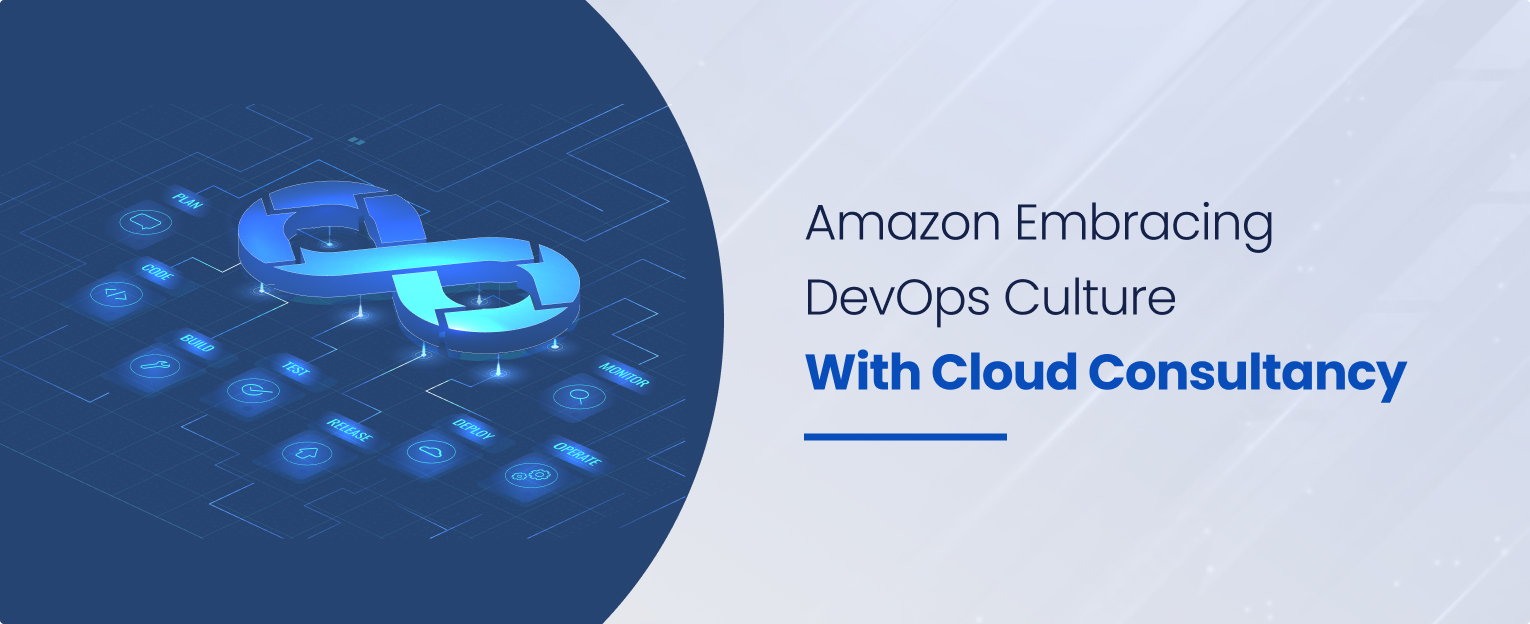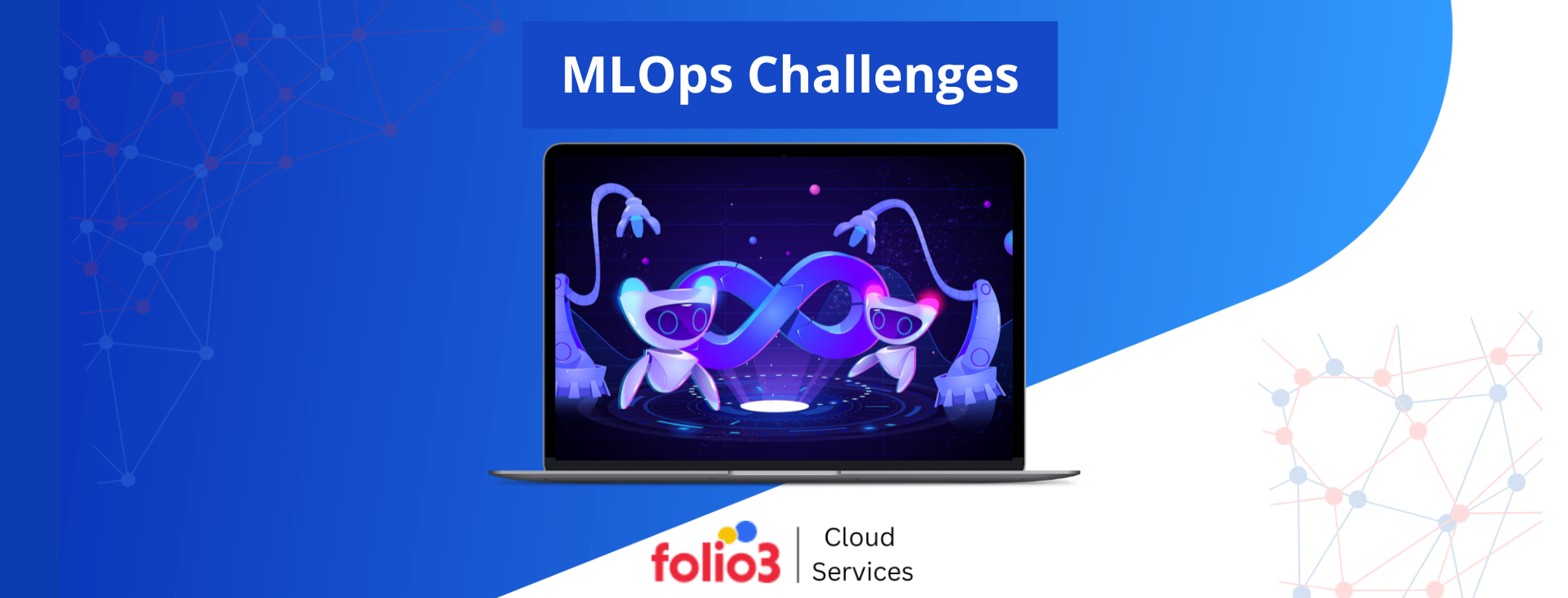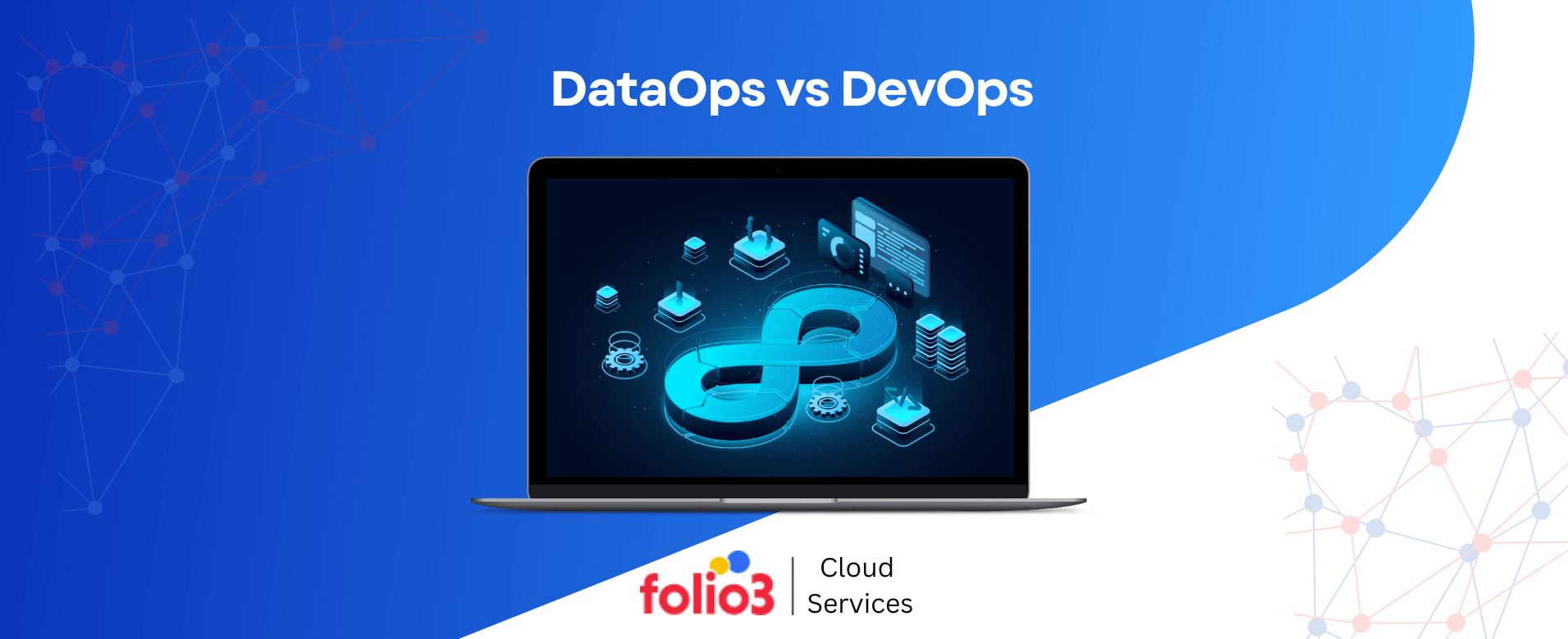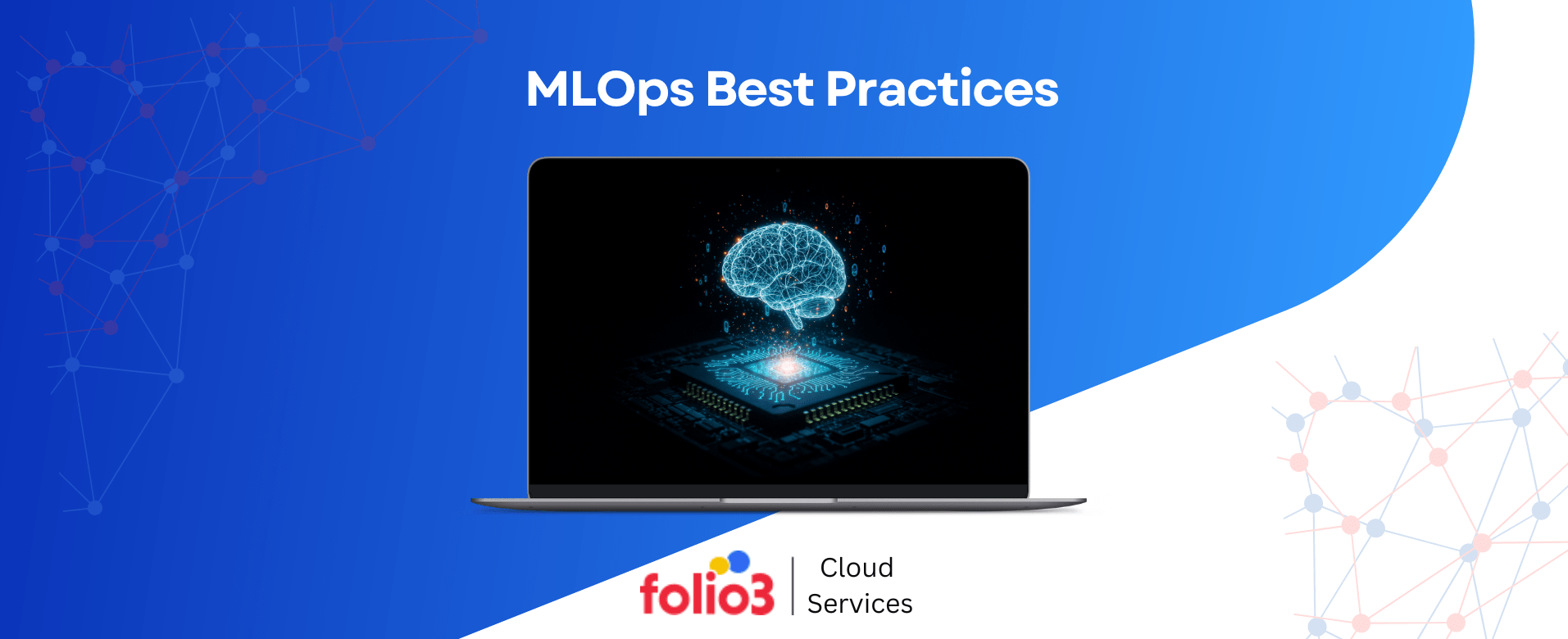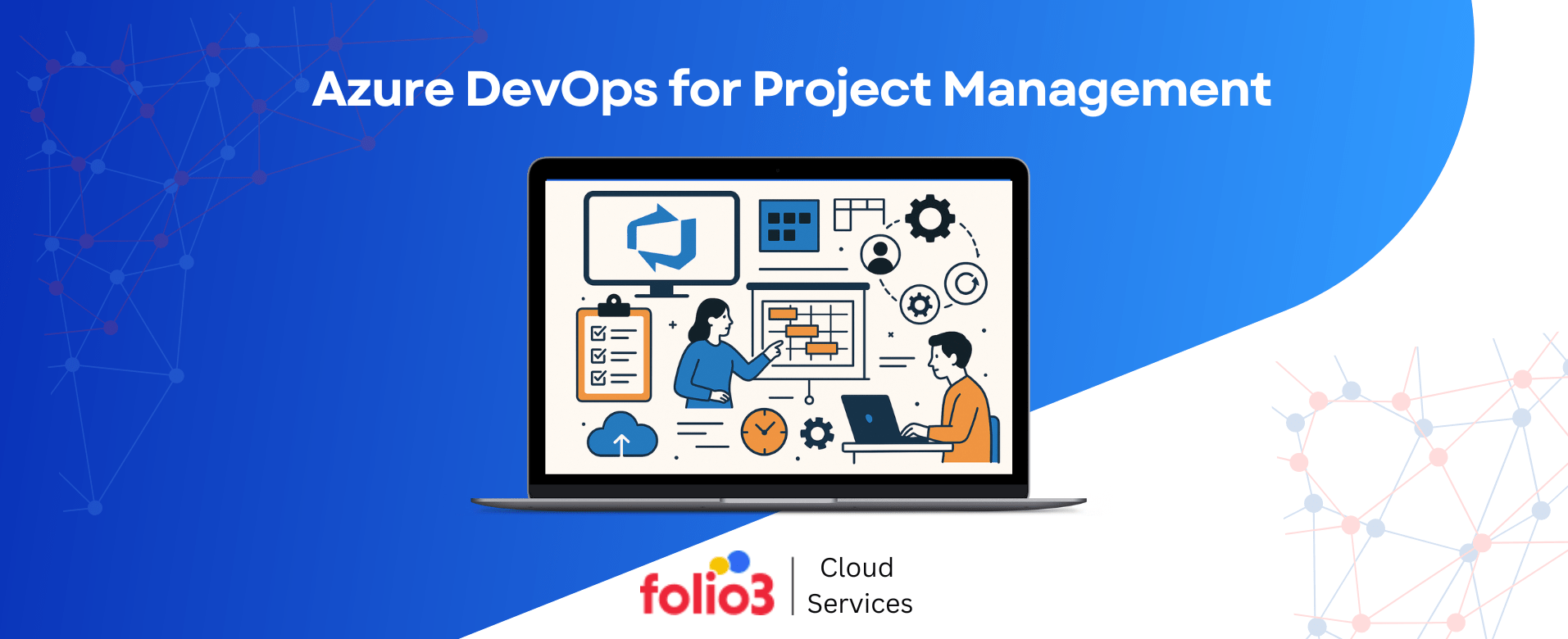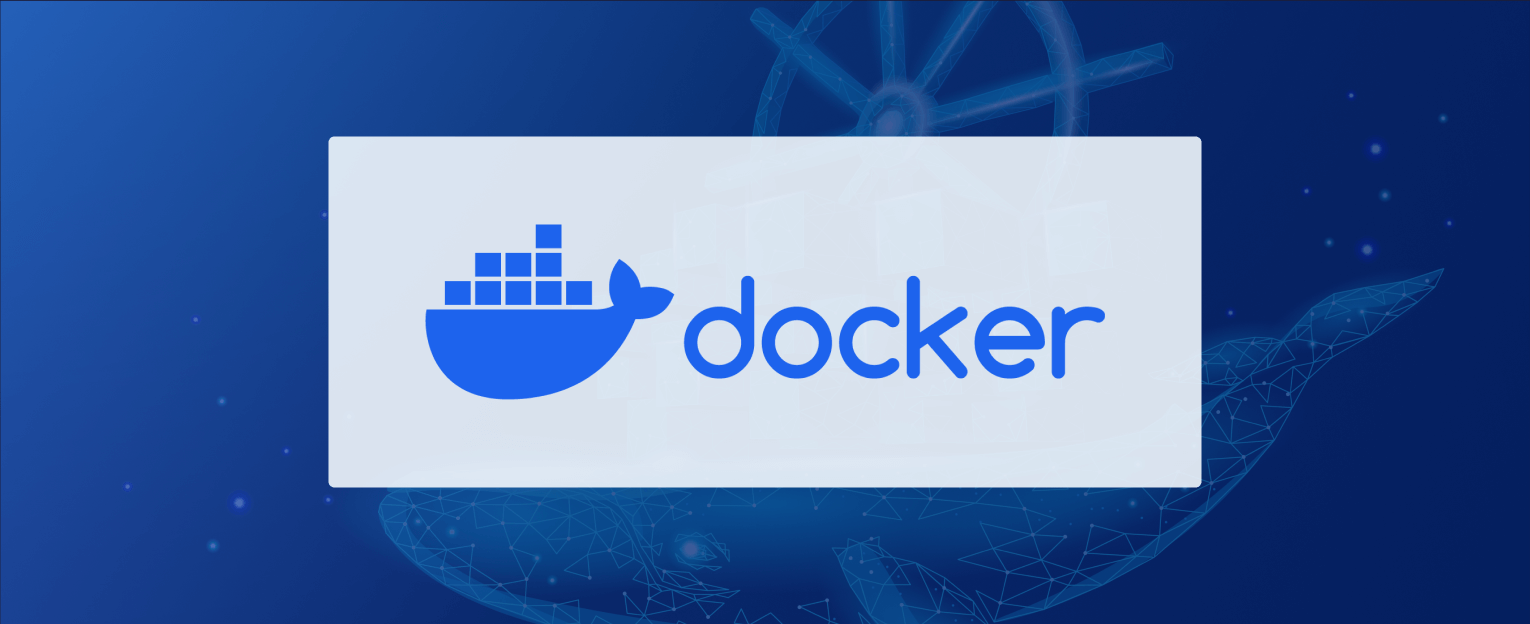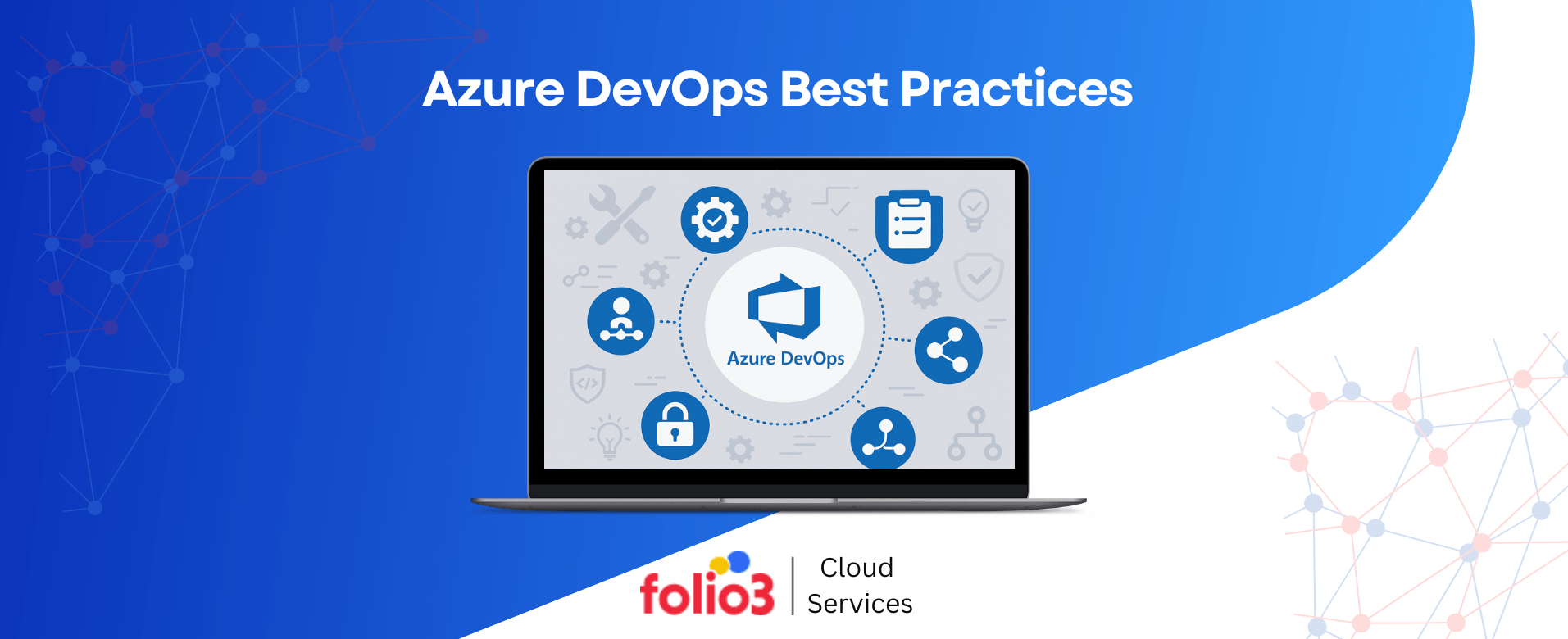Success in software development today isn’t just about writing great code—it’s about how teams collaborate, automate, and continuously improve. DevOps culture is the foundation of this transformation, combining teamwork, automation, and cloud technology to deliver better software faster.
Companies that use a DevOps culture mindset see up to a 60% reduction in deployment failures and three times faster recovery times, according to a recent DORA (DevOps Research and Assessment) report. But what is DevOps culture exactly? It’s more than just a set of tools. It’s a way of working that prioritizes shared responsibility, transparency, and continuous learning.
Building a DevOps culture means breaking down silos between development and operations teams, fostering open communication, and ensuring software delivery is both fast and reliable. Cloud consultancy plays a vital role in this transformation.
With expert guidance, businesses can leverage cloud technologies to enhance DevOps processes, optimize infrastructure, and boost efficiency. Since DevOps encompasses culture and collaboration, companies that integrate cloud consultancy services with their DevOps approach can increase deployment frequency by 200% and reduce downtime by 90%, according to industry benchmarks.
This blog explores what DevOps culture is, its benefits and challenges, and how leadership and cloud consultancy drive its success.
What is DevOps Culture?
DevOps culture brings together development (Dev) and operations (Ops) teams to create a more efficient, reliable, and scalable software delivery process. Instead of working in separate silos, these teams collaborate to automate workflows, organize deployments, and ensure continuous improvement.
According to the 2023 State of DevOps Report, companies that adopt a DevOps culture mindset experience up to 46 times more frequent code deployments and a 5x lower change failure rate. Businesses can reduce downtime, accelerate software updates, and improve overall system stability by focusing on continuous integration, automation, and real-time monitoring.
But what makes a strong DevOps culture? A strong DevOps culture mindset empowers teams to be more agile, adaptive, and efficient, helping businesses stay competitive in a rapidly evolving digital landscape.
Characteristics of DevOps Culture
- Collaboration & Communication – Open communication between development and operations teams fosters faster problem-solving and smoother deployments.
- Automation & Efficiency – Repetitive tasks like testing, deployment, and infrastructure management are automated, minimizing errors and saving time.
- Continuous Improvement – Feedback loops ensure teams can quickly adapt to changes and optimize performance.
- Shared Responsibility – Developers and operations teams work together to maintain system reliability and security.
What Are the Benefits of DevOps Culture?
Implementing DevOps culture with cloud consultancy offers numerous advantages, including:
1. Faster Software Delivery and Deployment
Businesses can deploy software updates more frequently with DevOps services, leveraging automated workflows and continuous integration. Reports from DORA (DevOps Research and Assessment) show that elite DevOps teams deploy changes 208 times more frequently than traditional IT teams.
2. Improved Team Collaboration and Efficiency
DevOps encompasses culture and collaboration, eliminating friction between teams. Cloud consultancy further strengthens this by providing structured guidance on best cloud practices, reducing miscommunication.
Additionally, eSim technology enhances connectivity and flexibility, enabling seamless device management and operational efficiency across distributed teams and cloud environments.
3. Enhanced Reliability and System Stability
Continuous monitoring and automated testing in DevOps ensure that software is stable and secure. According to Puppet’s 2023 State of DevOps Report, organizations with strong DevOps practices experience three times fewer security failures.
4. Greater Innovation and Agility
By reducing manual work and enabling rapid feedback loops, teams can focus on innovation. DevOps-driven organizations deliver new features 50% faster than their competitors.
Challenges in Building a DevOps Culture
While building a DevOps culture offers many benefits, organizations often encounter obstacles that slow adoption. Overcoming these challenges requires a strategic approach, leadership support, and technology stack. With cloud consultancy services, companies can accelerate their DevOps journey while ensuring security, efficiency, and long-term success.
Addressing the below challenges is crucial for long-term success and ensuring a smooth transition to DevOps values and practices.
1. Resistance to Change from Traditional Teams
Shifting from conventional IT workflows to a DevOps culture mindset can be difficult. Employees who are used to working in silos may resist collaboration, automation, and continuous integration. To overcome this, companies need strong leadership, clear communication, and hands-on training to demonstrate the benefits of DevOps.
2. Skill Gaps and Training Needs
DevOps requires expertise in automation, cloud computing, and continuous delivery. However, a survey by Puppet found that 33% of respondents identified skill shortages as the biggest challenge in adopting DevOps. Upskilling employees through certifications, hands-on experience, and mentorship programs is essential for successfully building a DevOps culture.
3. Measuring the Success of Cultural Transformation
Unlike traditional IT metrics, DevOps encompasses culture and collaboration, making success harder to measure. Instead of just tracking uptime or incident reports, companies should monitor deployment frequency, lead time, and recovery rates to assess the effectiveness of their DevOps transformation.
4. Balancing Agility with Governance and Compliance
DevOps promotes speed and flexibility, but organizations must also adhere to security, compliance, and governance standards. This is where cloud consultancy plays a vital role, helping businesses implement governance frameworks, security policies, and compliance automation tools tailored to their industry.
The Role of Leadership in DevOps Culture
Leadership is crucial in shaping a DevOps culture mindset, ensuring that teams work together toward a common goal. Strong leadership not only drives transformation but also fosters an environment of continuous improvement, collaboration, and innovation.
1. How Leadership Influences DevOps Adoption
DevOps adoption requires a shift in both technology and mindset. Leaders must communicate a clear vision and align teams toward shared objectives. Companies with strong DevOps leadership experience a 40% increase in software performance, leading to faster deployments and higher reliability.
2. Establishing a Vision and Driving Cultural Change
Building a DevOps culture starts at the leadership level. Executives and managers must promote cross-functional collaboration, break down silos, and provide resources for upskilling teams. Leaders who invest in training, cloud consultancy, and automation tools create an environment where DevOps thrives.
3. Encouraging Risk-Taking and a Fail-Fast Approach
One key DevOps value is learning from failures. A fail-fast approach allows teams to experiment, identify issues early, and improve processes without fear of blame. Leadership must foster a culture where innovation is encouraged, and setbacks are seen as opportunities for growth.
FAQs
Does DevOps deal with the cloud?
Yes, DevOps often integrates with cloud computing to enable automation, scalability, and continuous deployment.
What is the DevOps culture based on?
DevOps culture is based on collaboration, automation, continuous improvement, and shared responsibility between development and operations teams.
How to build a DevOps culture?
Foster collaboration, automate processes, encourage continuous learning, and align teams with DevOps values and goals.
What is the agile culture of DevOps?
The agile culture of DevOps emphasizes flexibility, rapid iterations, continuous feedback, and seamless collaboration between teams.
Final Words
Using a DevOps culture with cloud consultancy is more than a technological shift. It’s a roadmap to sustainable success. Businesses can achieve faster deployments, improved reliability, and enhanced agility by fostering collaboration, automating workflows, and leveraging cloud expertise.
For organizations ready to start on their DevOps journey, partnering with experienced cloud consultants from Folio3 Cloud ensures smooth integration and maximized benefits. Investing in DevOps today means staying ahead in tomorrow’s competitive digital industry.

